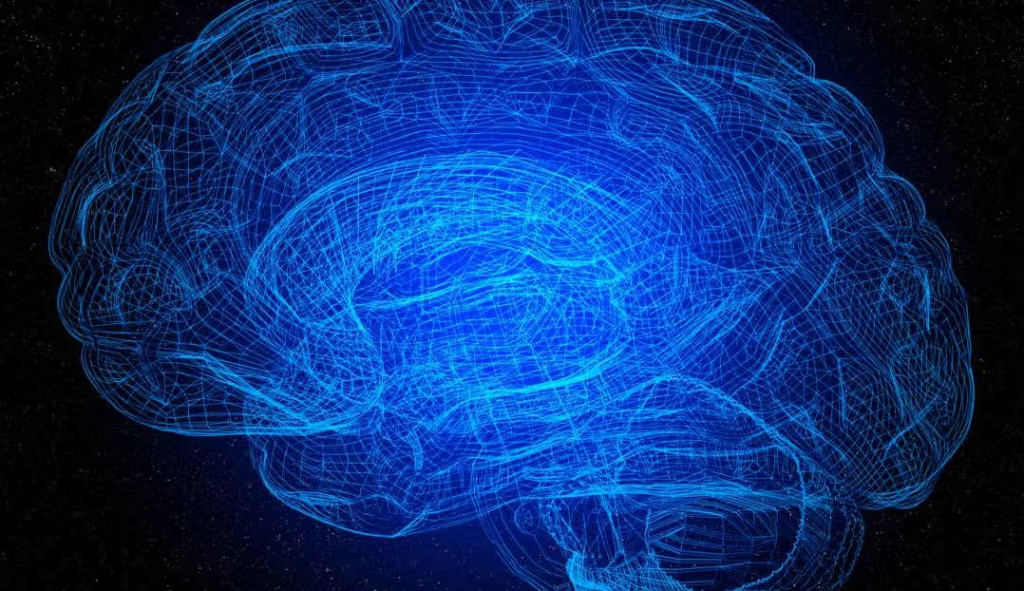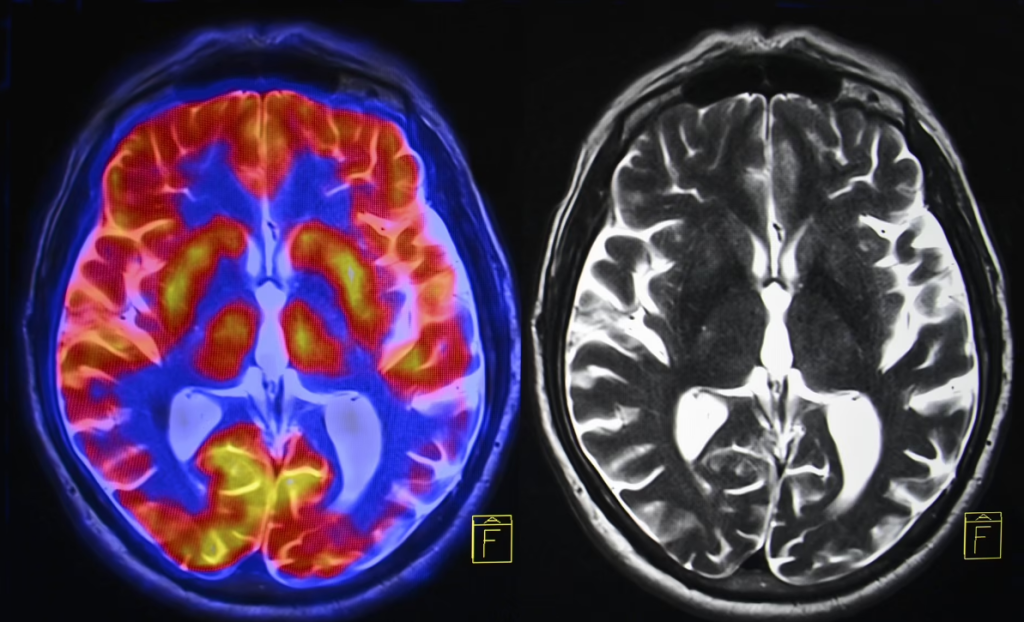Recent research has shed light on the brain’s intrinsic mechanisms for clearing waste, offering promising avenues for preventing neurodegenerative diseases such as Alzheimer’s and Parkinson’s. Understanding and enhancing these natural processes could be pivotal in maintaining cognitive health as we age.
The Brain’s Waste Clearance Systems
The human brain possesses specialized systems to eliminate metabolic waste products, including excess proteins and toxins generated during normal neural activity. Key among these are the glymphatic and lymphatic systems. The glymphatic system operates predominantly during sleep, utilizing cerebrospinal fluid (CSF) to flush out waste from neural tissues. Complementing this, the lymphatic system, particularly the meningeal lymphatic vessels, facilitates the drainage of these waste products from the brain to the body’s broader circulatory system for disposal.
Age-Related Decline in Waste Removal
As individuals age, the efficiency of these waste clearance systems diminishes. This decline can lead to the accumulation of harmful substances, such as amyloid-beta plaques, which are closely associated with the development of Alzheimer’s disease. Research involving aged mice demonstrated that impaired lymphatic drainage correlates with increased amyloid-beta buildup and cognitive deficits. These findings suggest that the age-related deterioration of waste removal mechanisms contributes significantly to neurodegenerative pathology.

Enhancing Waste Clearance to Mitigate Cognitive Decline
Efforts to rejuvenate the brain’s waste disposal systems have shown promise in reversing age-related cognitive impairments. In studies conducted on elderly mice, scientists employed a clinically approved drug, prostaglandin F2α, known for its ability to enhance smooth muscle contractility. Application of this drug revitalized the function of cervical lymphatic vessels, thereby improving the clearance of CSF and associated waste products. Notably, treated mice exhibited restored waste removal efficiency comparable to that of younger counterparts, highlighting a potential therapeutic strategy for combating neurodegenerative diseases.
Lifestyle Factors Influencing Brain Waste Management
Beyond pharmacological interventions, certain lifestyle modifications can support the brain’s natural waste clearance processes:
- Adequate Sleep: The glymphatic system is most active during sleep, emphasizing the importance of sufficient rest for effective brain detoxification.
- Regular Physical Activity: Exercise has been linked to enhanced lymphatic function, potentially facilitating improved waste removal from the brain.
- Balanced Diet: Adopting dietary habits such as the Mediterranean diet, rich in antioxidants and anti-inflammatory compounds, may reduce the risk of dementia. This diet emphasizes the consumption of fruits, vegetables, whole grains, and healthy fats, all of which contribute to overall brain health.
Implications for Future Research and Therapy
The elucidation of the brain’s waste clearance mechanisms opens new avenues for therapeutic interventions aimed at preventing or delaying neurodegenerative diseases. By focusing on enhancing the function of the glymphatic and lymphatic systems, either through pharmacological means or lifestyle adjustments, it may be possible to mitigate the accumulation of neurotoxic substances. Ongoing research is essential to translate these findings into effective treatments for human populations.
Potential Challenges and Limitations in Waste Clearance Research
While recent discoveries highlight promising strategies to enhance brain waste clearance, several challenges remain in translating these findings into widespread clinical applications.
Individual Variability in Response to Treatment
One of the primary challenges is individual variability in response to treatments designed to boost waste clearance. Age, genetic factors, pre-existing conditions, and lifestyle choices all influence how well a person’s brain can eliminate toxins. Clinical trials must consider these differences to ensure that potential therapies are effective for a broad population.

Safety and Long-Term Effects of Pharmacological Interventions
Although drugs like prostaglandin F2α have shown positive effects in animal models, their long-term safety in humans remains uncertain. Potential side effects, such as inflammation or unintended interactions with other biological processes, must be thoroughly investigated before these treatments can be widely adopted.
Conclusion
In conclusion, maintaining and enhancing the brain’s natural waste disposal systems is a promising strategy for preserving cognitive function and preventing diseases like Alzheimer’s. Both scientific advancements and proactive lifestyle choices play critical roles in supporting these vital processes.

















